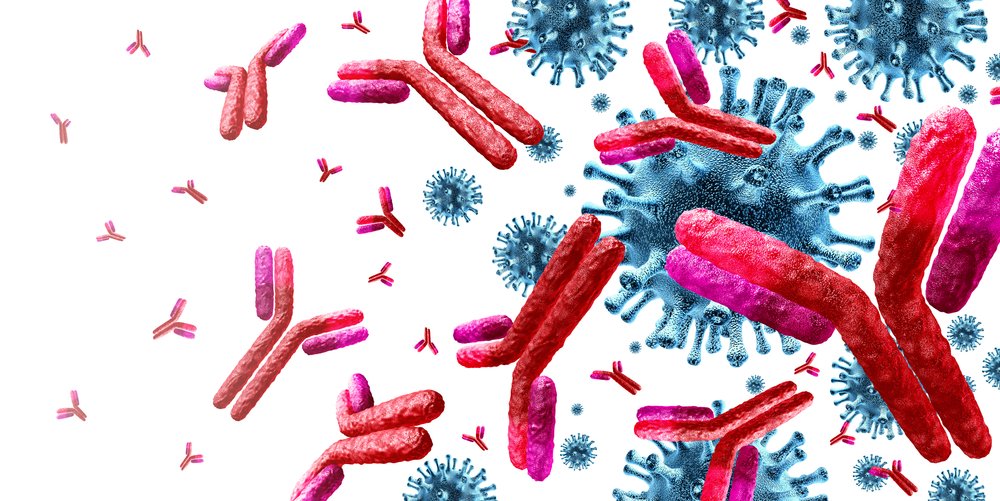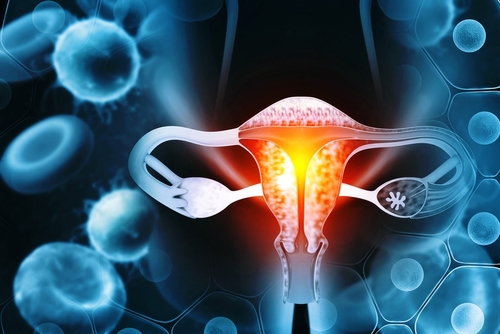Researchers of the EPI-SURE study investigated the effectiveness of the WID-qEC DNA methylation test vs ultrasonography in detecting uterine cancer among women aged ≥45 years with abnormal uterine bleeding. Among 399 participants, the WID-qEC test exhibited superior performance, with a sensitivity of 90.9% and specificity of 92.1%, surpassing ultrasonography’s sensitivity of 90.9% and specificity of 79.1%. Moreover, the WID-qEC test showed a higher positive predictive value of 25.6% and a negative predictive value of 99.7%, suggesting its potential to decrease false-positive rates and reduce unnecessary histological assessments for malignancy detection.
These findings suggest that the WID-qEC test could serve as an efficient triage tool, facilitating faster and more accurate identification of potential uterine malignancy compared with traditional imaging methods. With its enhanced performance, the WID-qEC test has the capacity to streamline diagnostic processes, minimizing the need for invasive procedures and decreasing false-positive results. This study underscores the clinical significance of DNA methylation testing in improving the early detection of uterine cancer and emphasizes the importance of integrating innovative diagnostic approaches to enhance patient care in gynecologic oncology.
Reference: Stenger M. Novel Uterine Cancer Detection Method for Women With Abnormal Uterine Bleeding. The ASCO Post. Published November 28, 2023. Accessed April 23, 2024. https://ascopost.com/news/november-2023/novel-uterine-cancer-detection-method-for-women-with-abnormal-uterine-bleeding/









